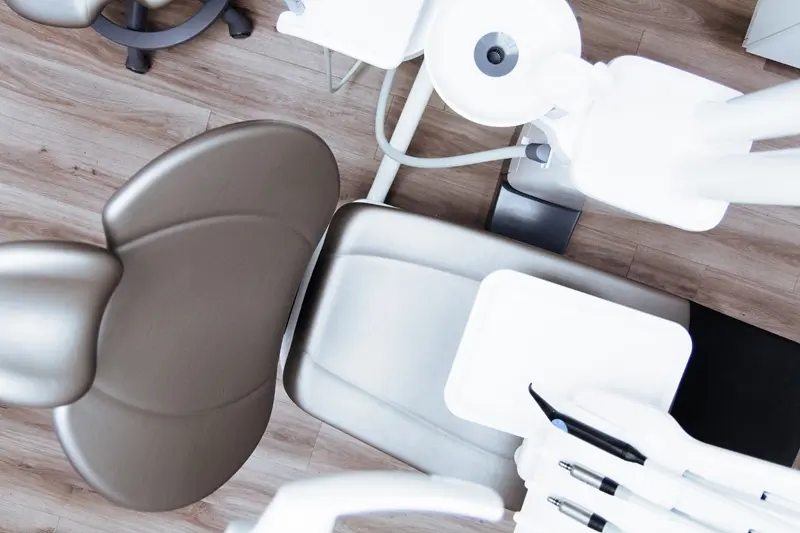Teeth erupt in different stages, with the wisdom teeth being the last group to come through, typically between the ages of 17 and 21.
Known as the third molars by dentists, wisdom teeth usually come in fours, with two on the top, and two on the bottom. Unlike the rest of the adult teeth, people often require wisdom teeth removal.
Today we're answering some common wisdom teeth removal questions, such as where does the procedure take place and when is removal required, to give you peace of mind if and when the time comes.

When do I need to have my wisdom teeth removed?
When wisdom teeth come through, many people won't experience any problems and therefore removal isn't required. However, for some, when wisdom teeth erupt, there isn't always enough room to accommodate these new additions. This is commonly referred to as an impacted tooth, which often means the wisdom tooth comes through at a bad angle and has 'impacted' surrounding teeth. In this instance, removal is needed to avoid a range of complications such as:
- Infection: If the erupted wisdom tooth has started to break through part of the gumline, bacteria and food can become trapped in the opening, encouraging infection.
- Decay: Impacted wisdom teeth are a lot harder to clean due to excessive crowding. Food becomes trapped and more difficult to remove in areas that are inaccessible for brushes or floss.
- Damage to other teeth: If wisdom teeth erupt at a peculiar angle, they can cause structural damage to neighbouring teeth.
- Cysts: Impacted wisdom teeth can cause cysts to develop that damages the supporting roots and structure of surrounding teeth.
- Excessive pain: If coming through in an awkward position, people can experience significant pain and toothache.

I need my wisdom tooth removed, where do I go?
If you're experiencing pain, redness or swelling, it's important to visit your dentist straight away. They'll assess your teeth and get to the root of the cause. If your wisdom teeth are coming through and are impacted, your dentist may recommend removal. Thankfully, you'll be pleased to know that the majority of people don't need to visit a hospital for wisdom tooth removal. This is only encouraged if all four wisdom teeth have come through at once or you're at risk of complications.
For everyone else, wisdom teeth are typically removed by a local dentist or oral surgeon at your nearest practice. The patient is usually under local anaesthetic which means they are awake but unable to feel anything due to being completely numb in the area. The impacted tooth is removed and the area closed using dissolvable stitches if necessary. Patients are usually prescribed pain relief to help with the healing process.
There are a number of steps you can take to prevent problems following the wisdom tooth removal procedure:
- Eat soft foods to begin with to ease the strain of chewing on your teeth around the affected area.
- Don't rinse your mouth out during the first 24 hours. Doing so can disturb the blood clots that form over the socket. Removing these can impede the healing process and cause complications.
- Be careful when brushing your teeth for the first few days. Keep your brush away from the healing wound to ensure healthy recovery.
Whether you think your wisdom teeth are erupting or you're experiencing pain, give the team at City Dentists a call today to book in for a check up.
